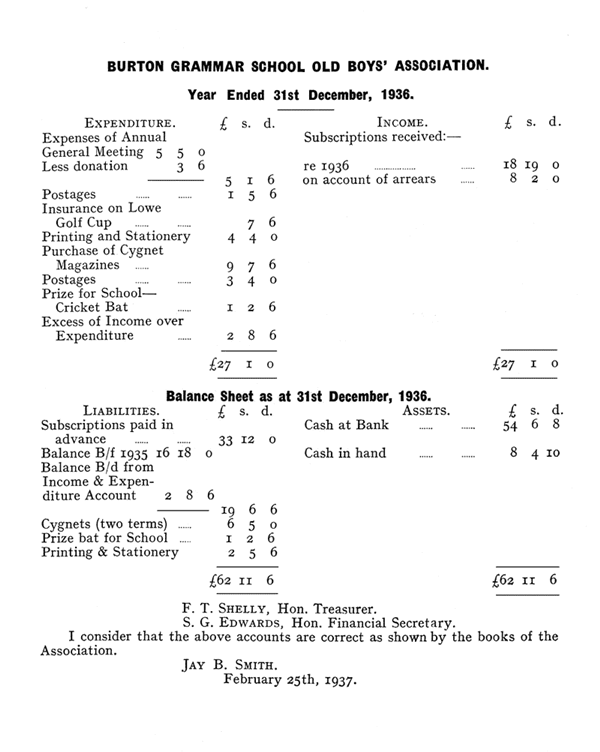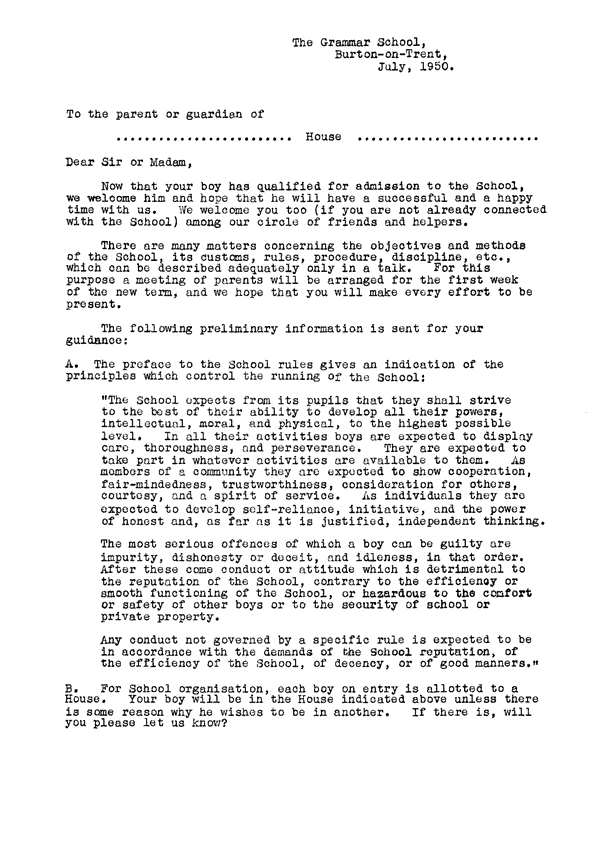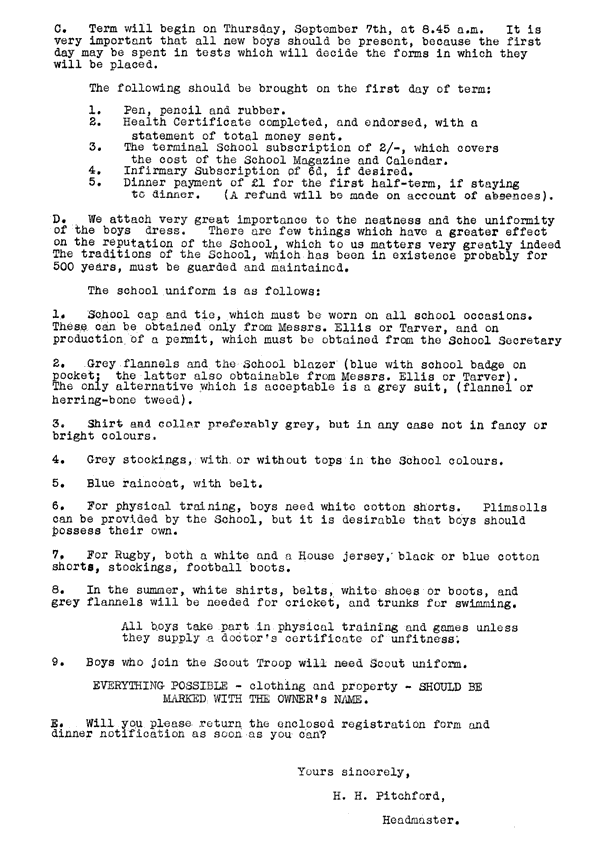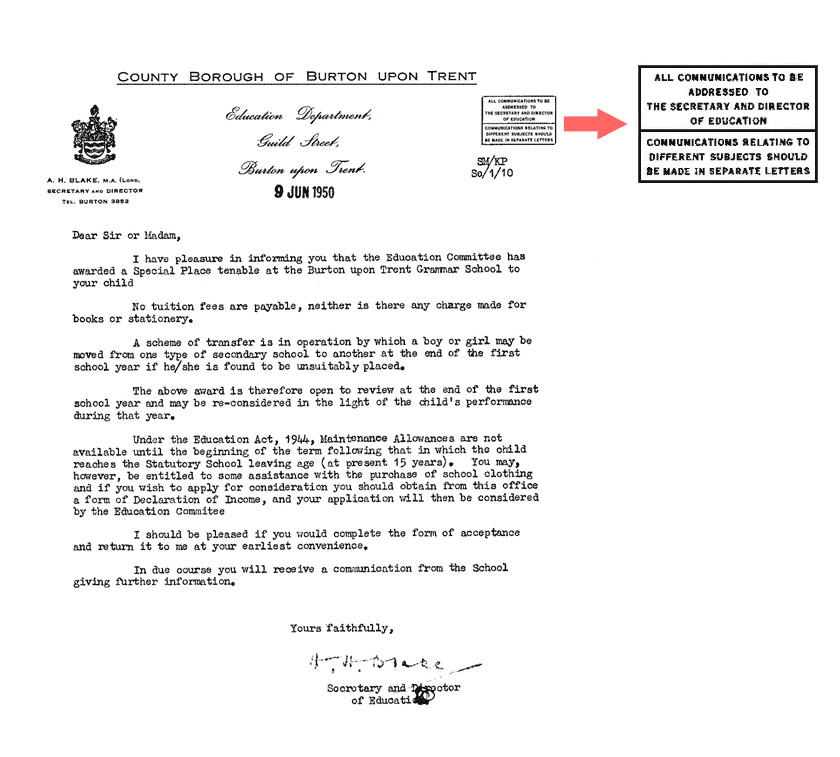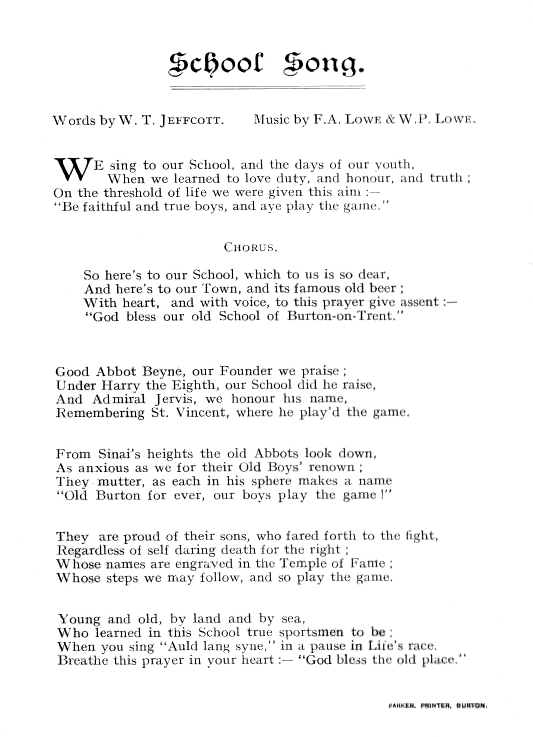Even by the Eighteen-fifties, Grammar School education was very ‘classic’ with such subjects as Latin, Greek and Hebrew. The curriculum had simply not moved with the developments of the times. Many of the leading Industrialists and Employers in Burton such as Henry Allsopp and Abraham Bass, who would ultimately make generous contribution to the relocation of the school, expressed some concern that leaving scholars did not have the required skills.
In 1855, a new Headmaster was to be appointed and a partition was raised (Humble Petition) to be presented to the Trustees of the school.
The Headmaster ultimately appointed in 1855 was Rev. Henry Day where he remained for eighteen years until he retired in 1873, four years before the school moved to Bond Street.
Clearly, there are no copies of the petition but below is an image of the original hand-written one.
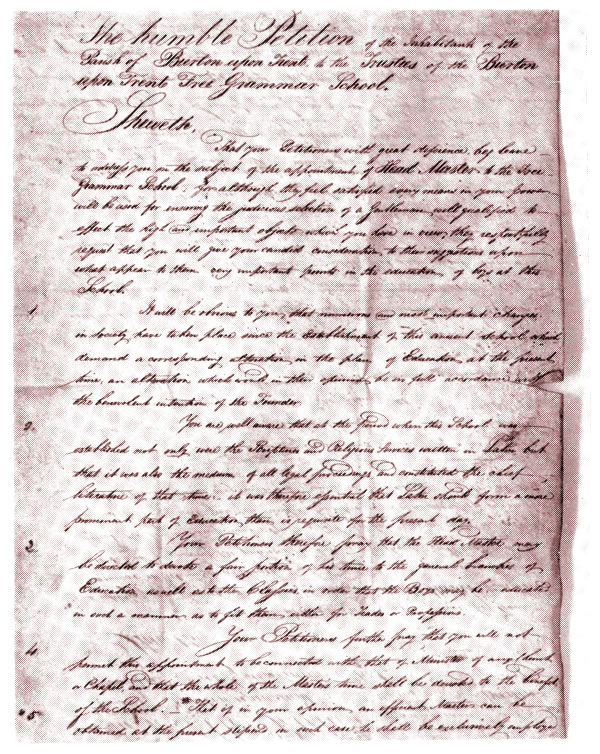
The full text of the petition was as follows:
The Humble Petition of the inhabitants of the parish of Burton upon Trent to the Trustees of the Burton upon Trent Free Grammar School
Sheweth
That your petitioners with great deference beg leave to address you on the subject of the appointment of Headmaster to the Free Grammar School; for although they feel satisfied every means within your power will be used to ensure the judicious selection of a gentleman well qualified to effect the high and important objects which you have in view; they respectfully request that you will give your candid considerations to their suggestions upon what appear to them to be important points on the education of boys at this school.
1) It will be obvious to you that the numerous and important changes in society have taken place since the establishment of this ancient school, which demand a corresponding alteration in the plan of education at the present time; an alternation which would in their opinion be in full accordance with the benevolent intention of the founder.
2) You are well aware that at the period when this school was established, not only were the scriptures and religious services written in Latin, but that it was also the medium of all legal proceedings and constituted the chief literature of the time: it was therefore essential that Latin should form a more prominent part of education than is requisite for the present day.
3) Your petitioners therefore, pray that the Headmaster may be directed to devote a fair proportion of his time to the general branches of education, as well as to the classics, in order that the boys may be educated in such manner as to fit them for trades and professions.
4) Your petitioners further pray that you will not permit this appointment to be connected with that of Minster of any Church or Chapel, and that the whole Master’s time shall be devoted to the benefits of the school.
5) Your petitioners beg that if, in your opinion, an efficient Master can be obtained at the present stipend, in such case, he shall be exclusively employed in the instruction of free scholars. But on the contrary, if you shall think it necessary to allow the Master to take pupils, that you will limit the number and adopt such means as are best calculated to prevent any preference being given to such private pupils as may operate to the detriment of the free scholars, and consequently to nullify the intentions of the founder.
Your petitioners therefore pray you to listen to their suggestions and that as far as in your opinion they are practicable, you will carry them into effect.
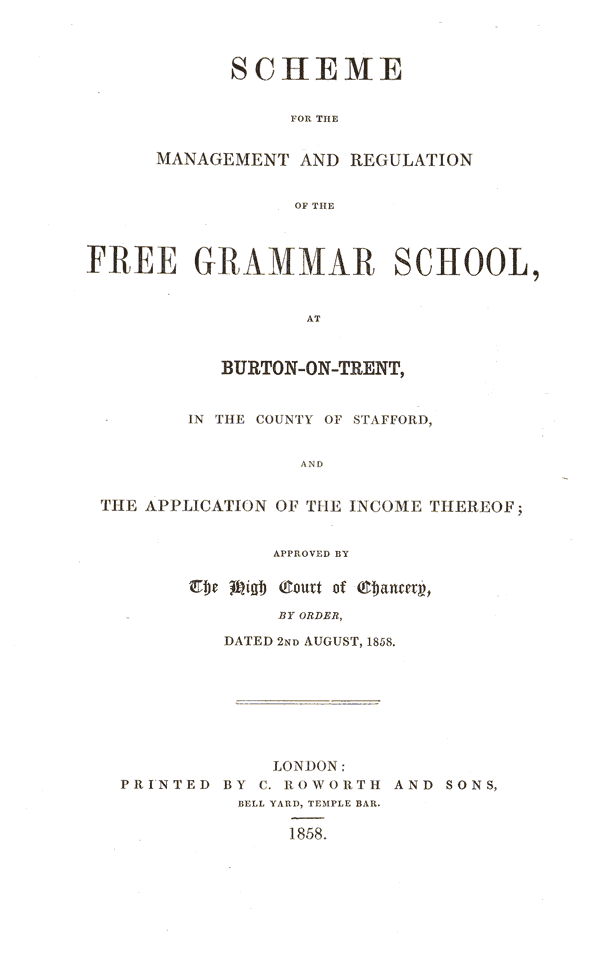
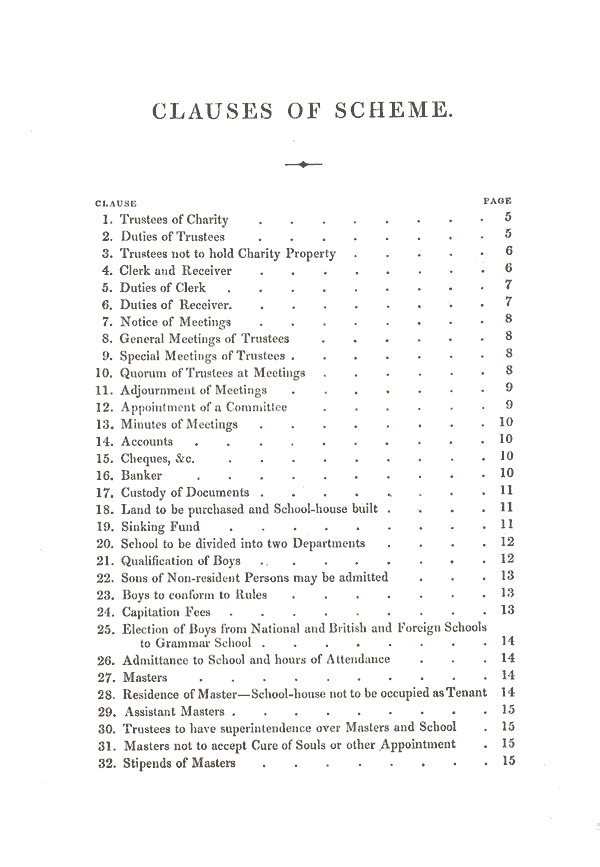
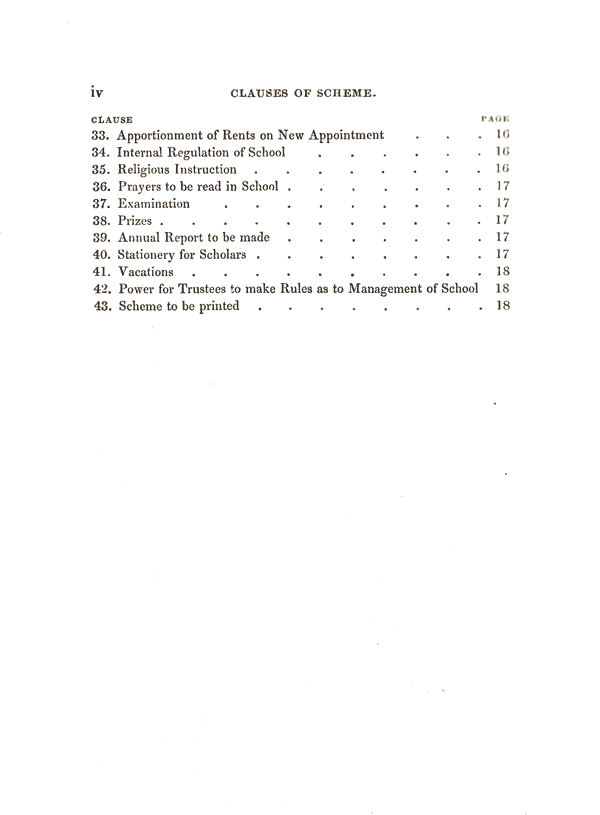
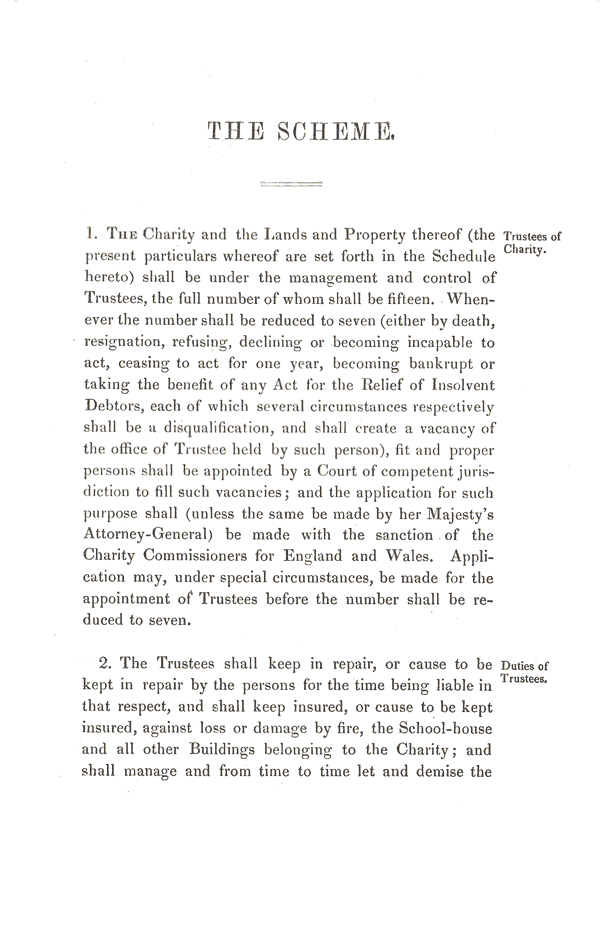
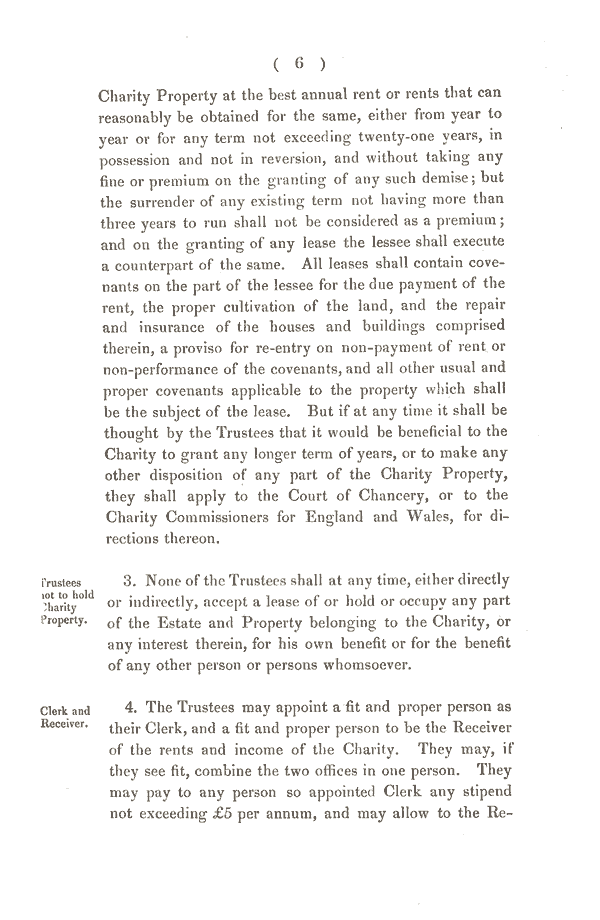
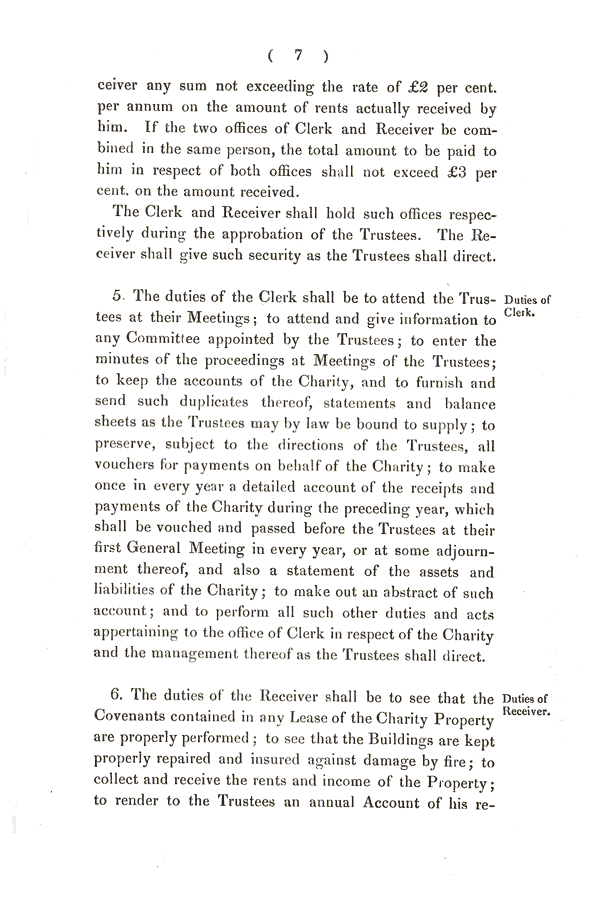
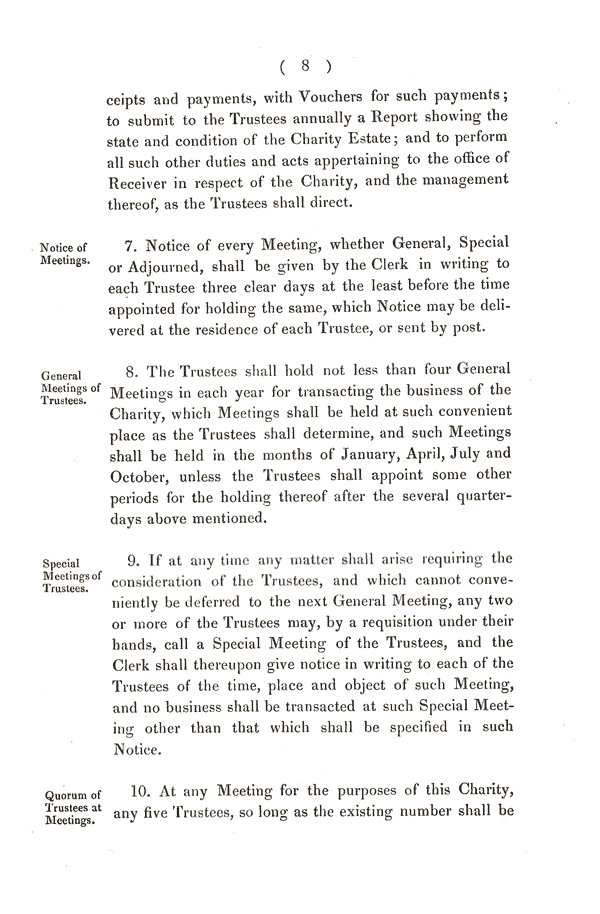
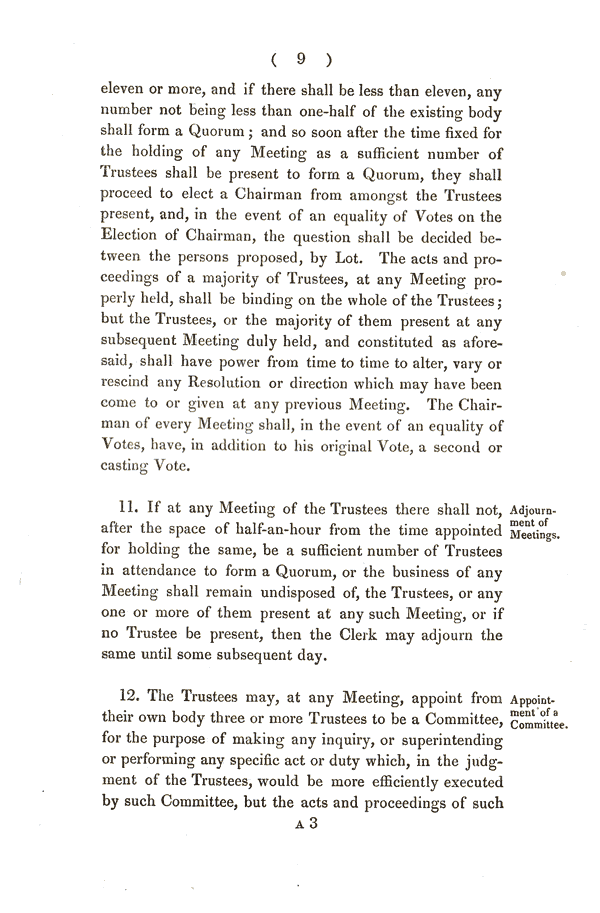

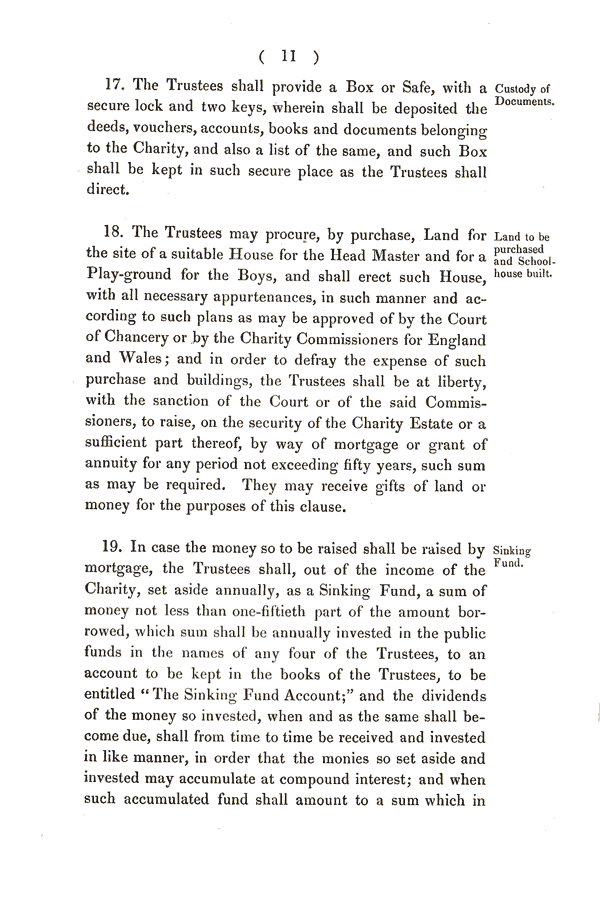
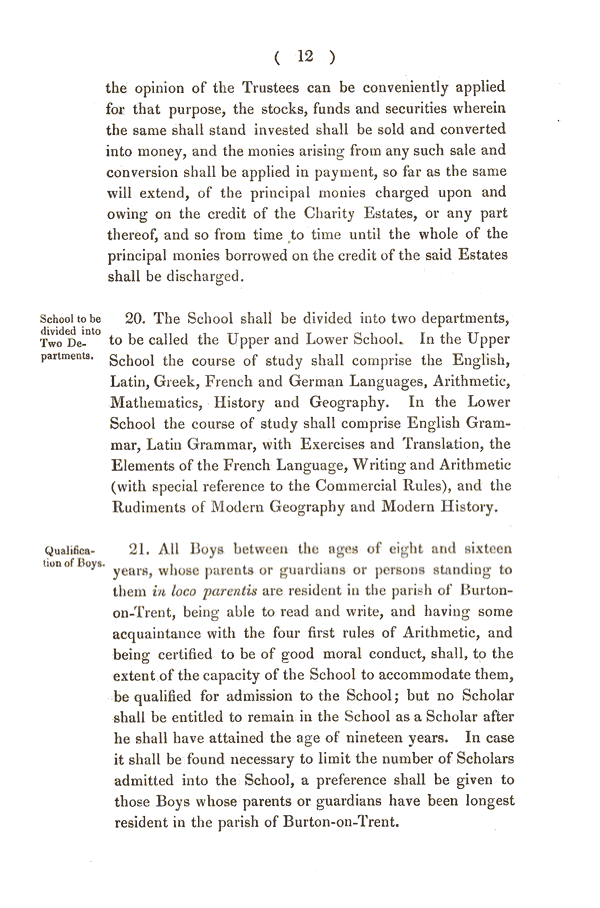
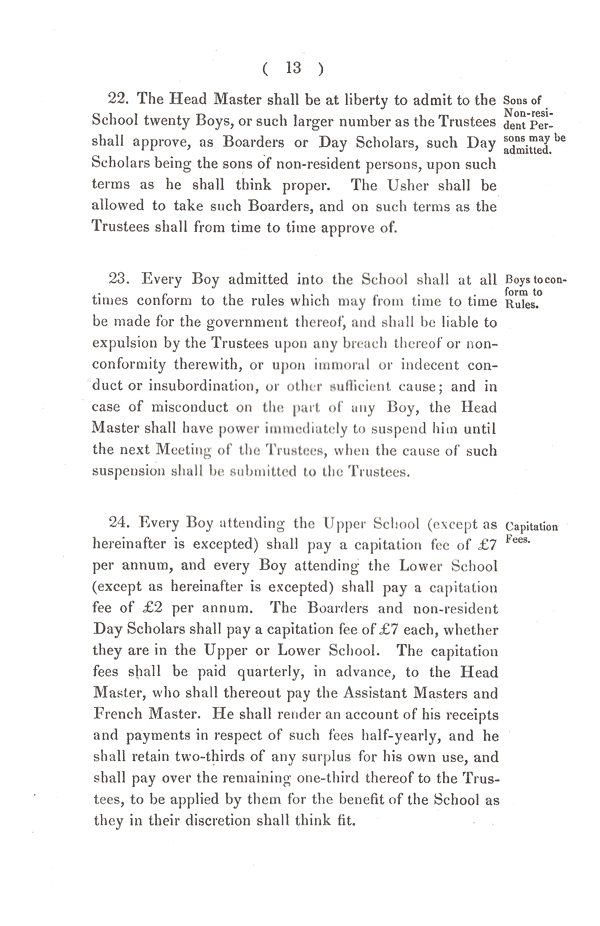
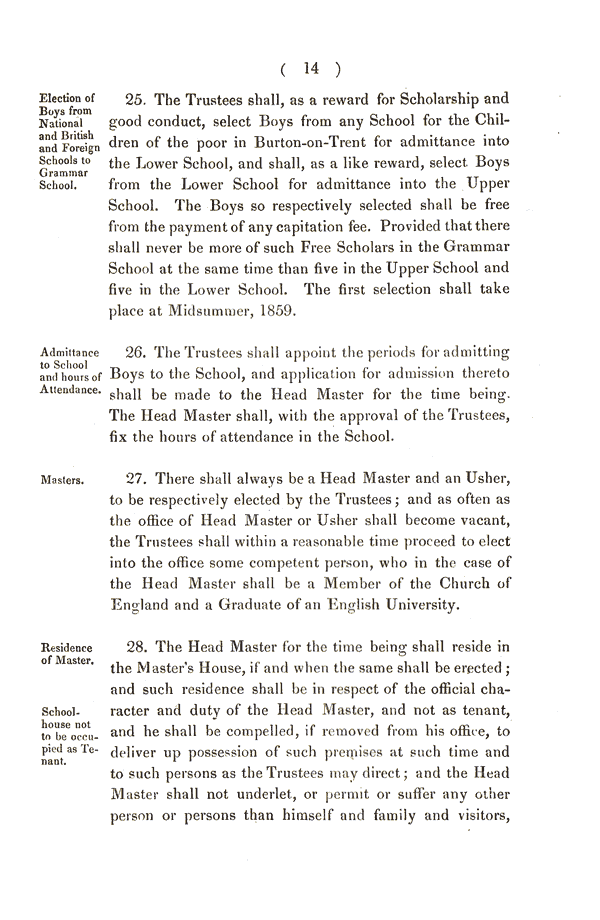
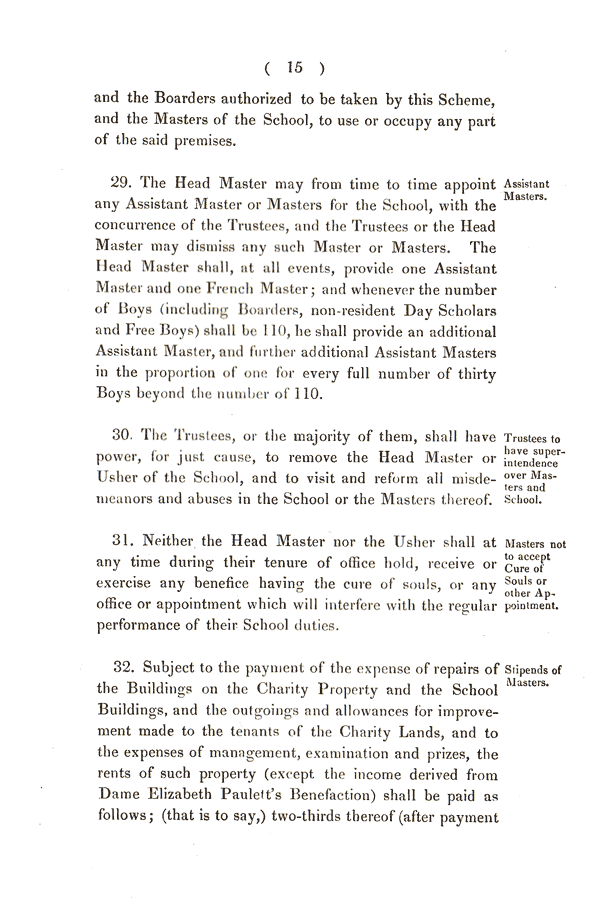
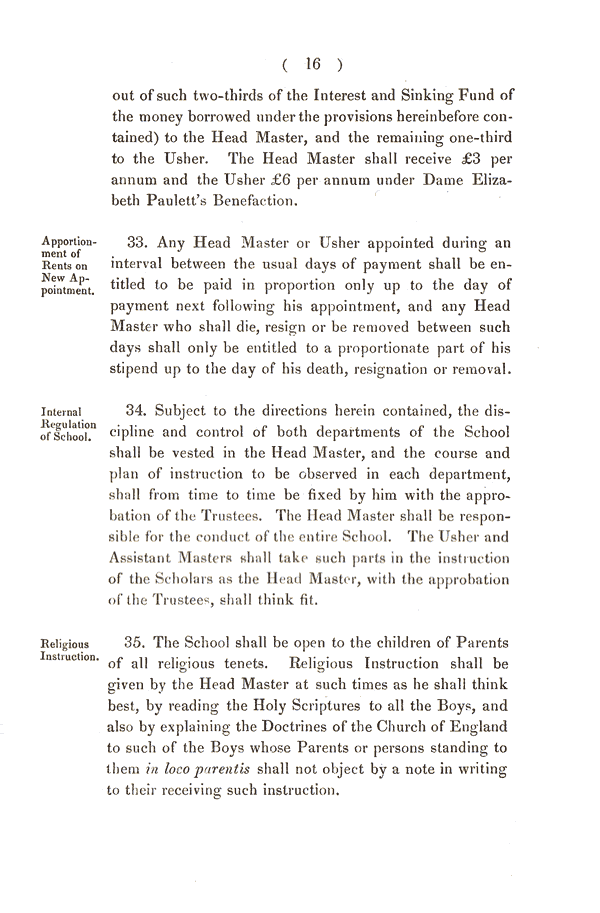
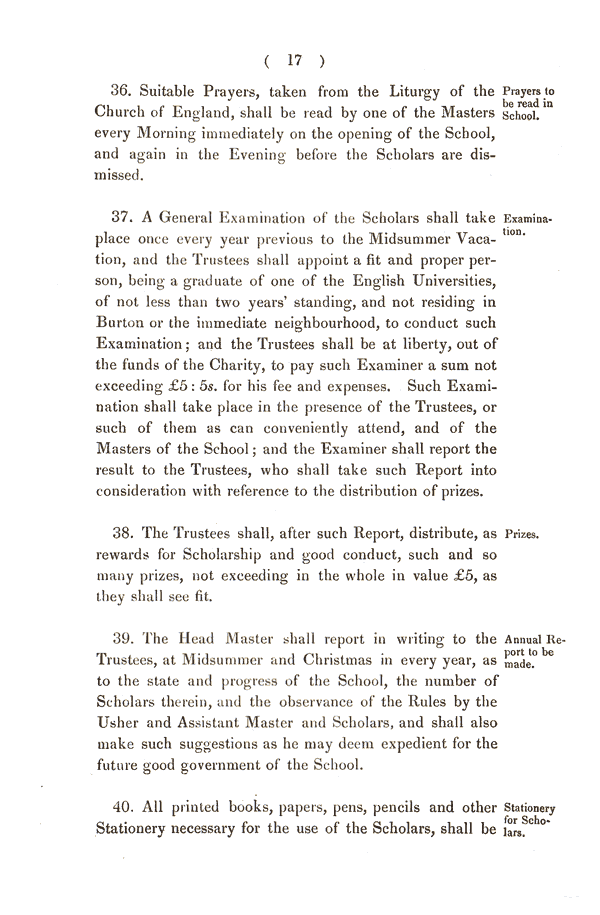
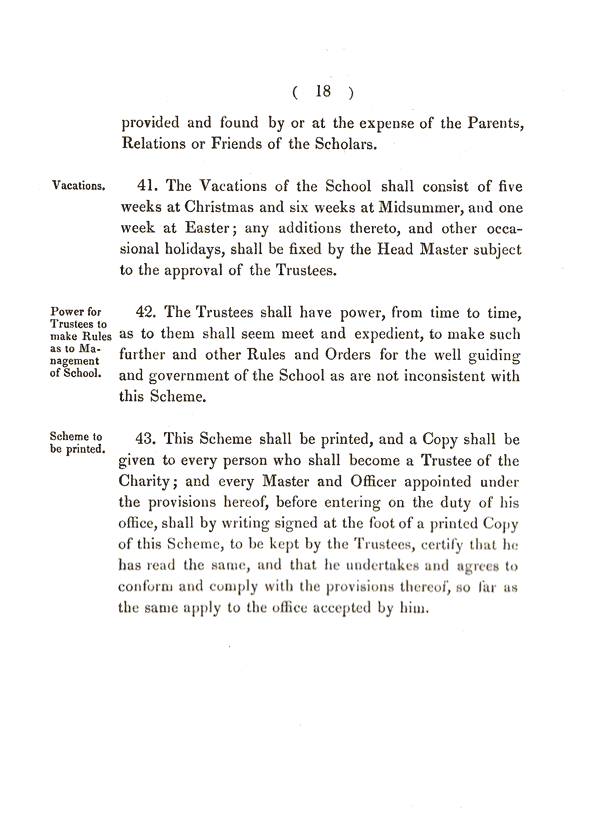
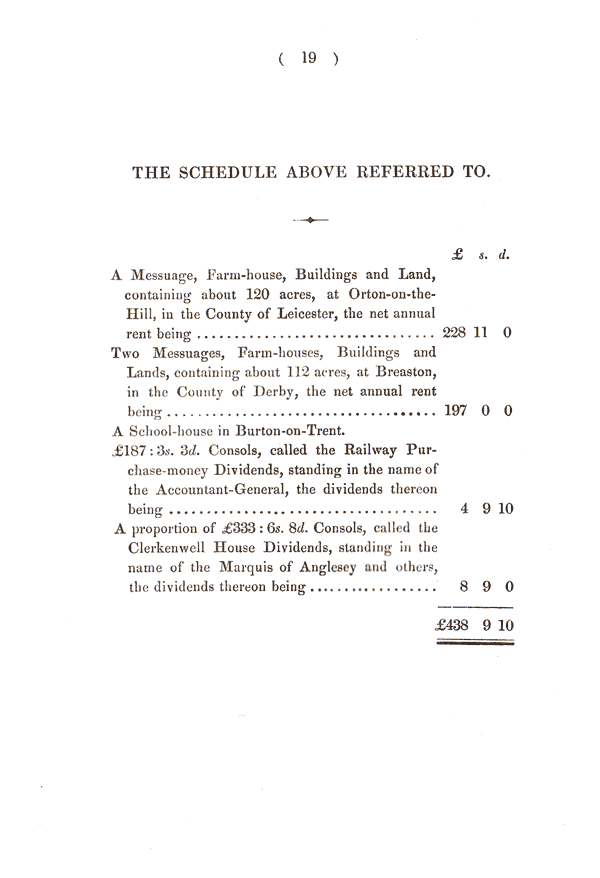
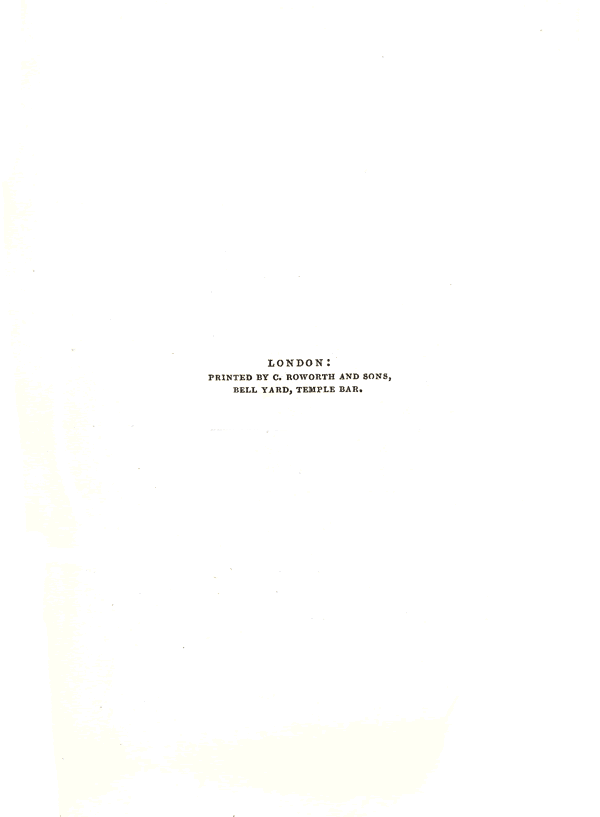


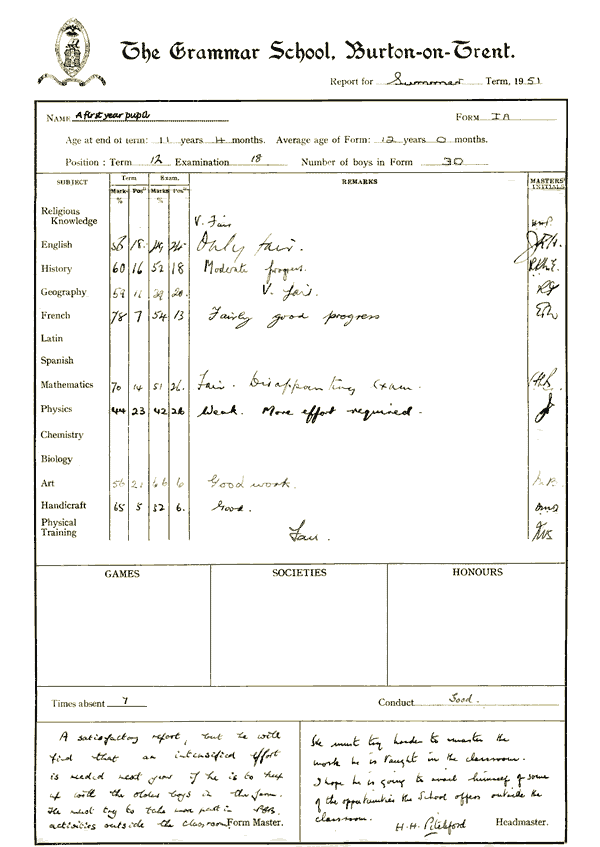







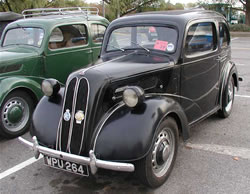 An average three bedroom semi-detached house would be around £550
An average three bedroom semi-detached house would be around £550